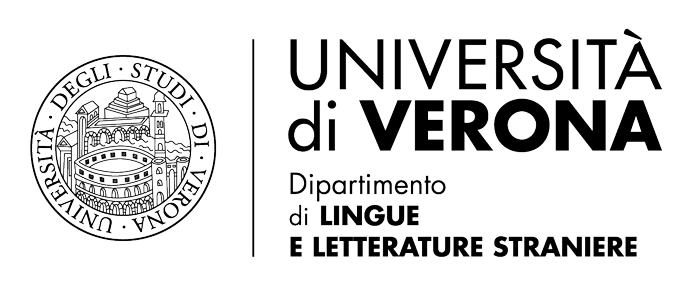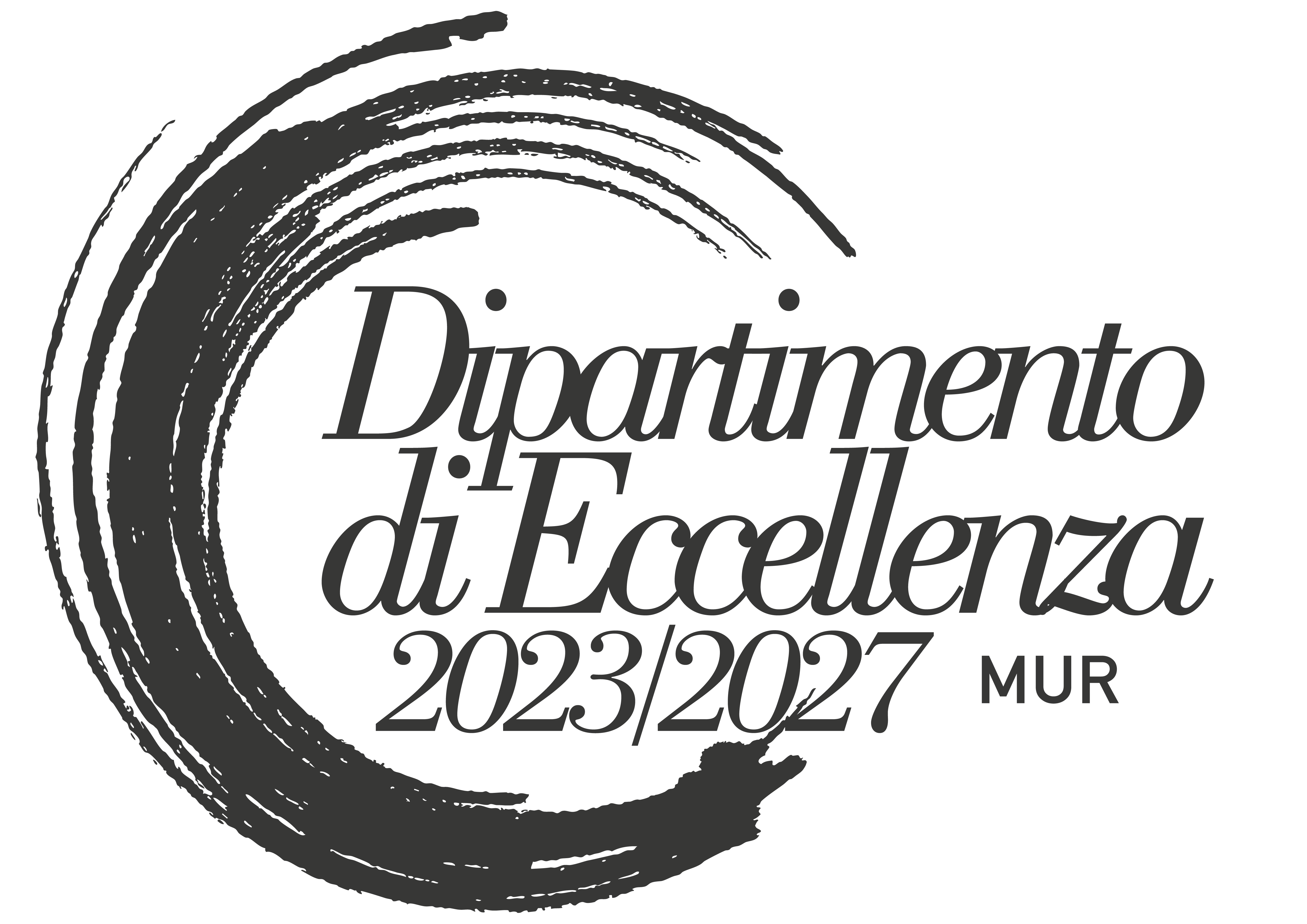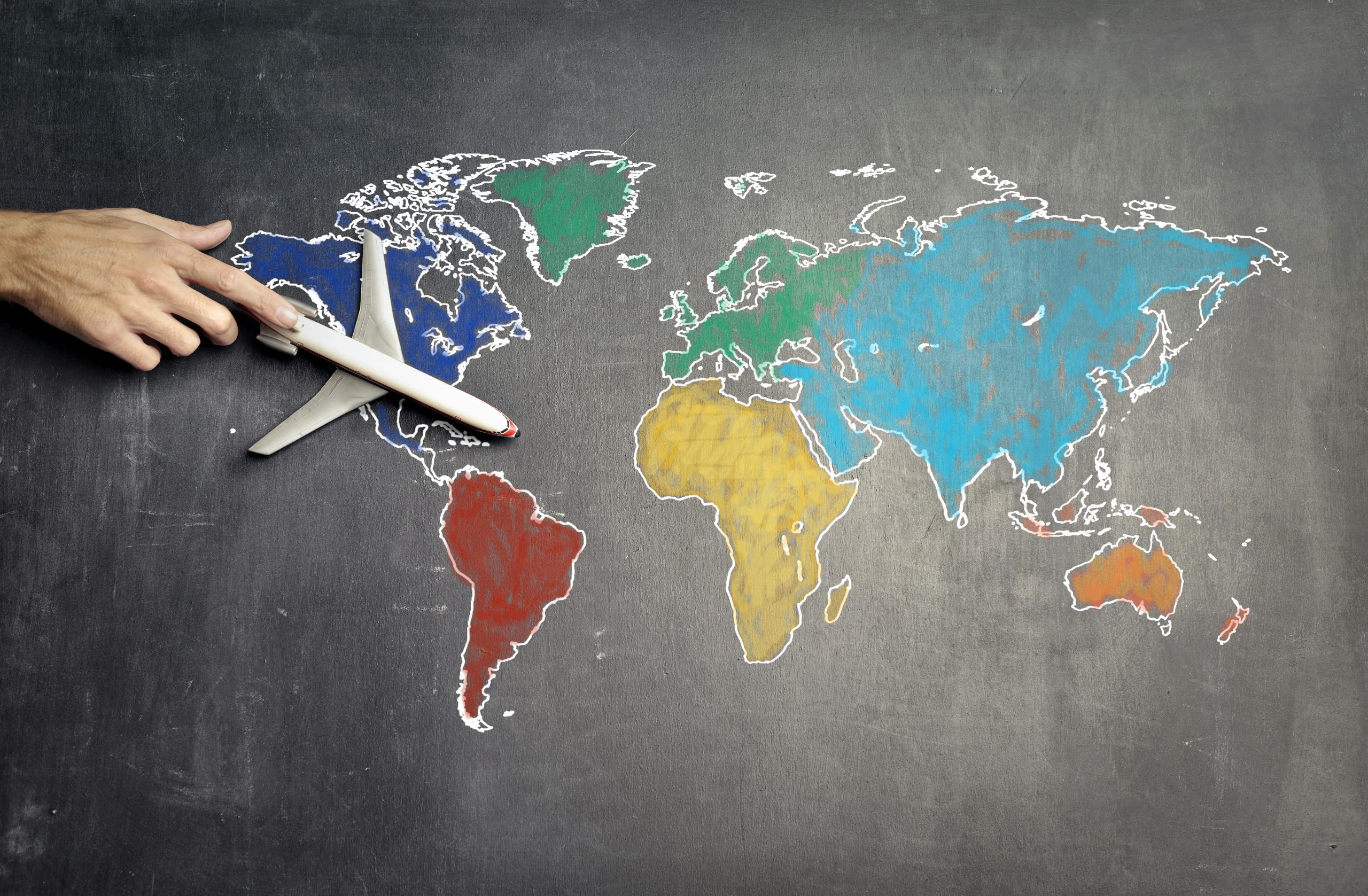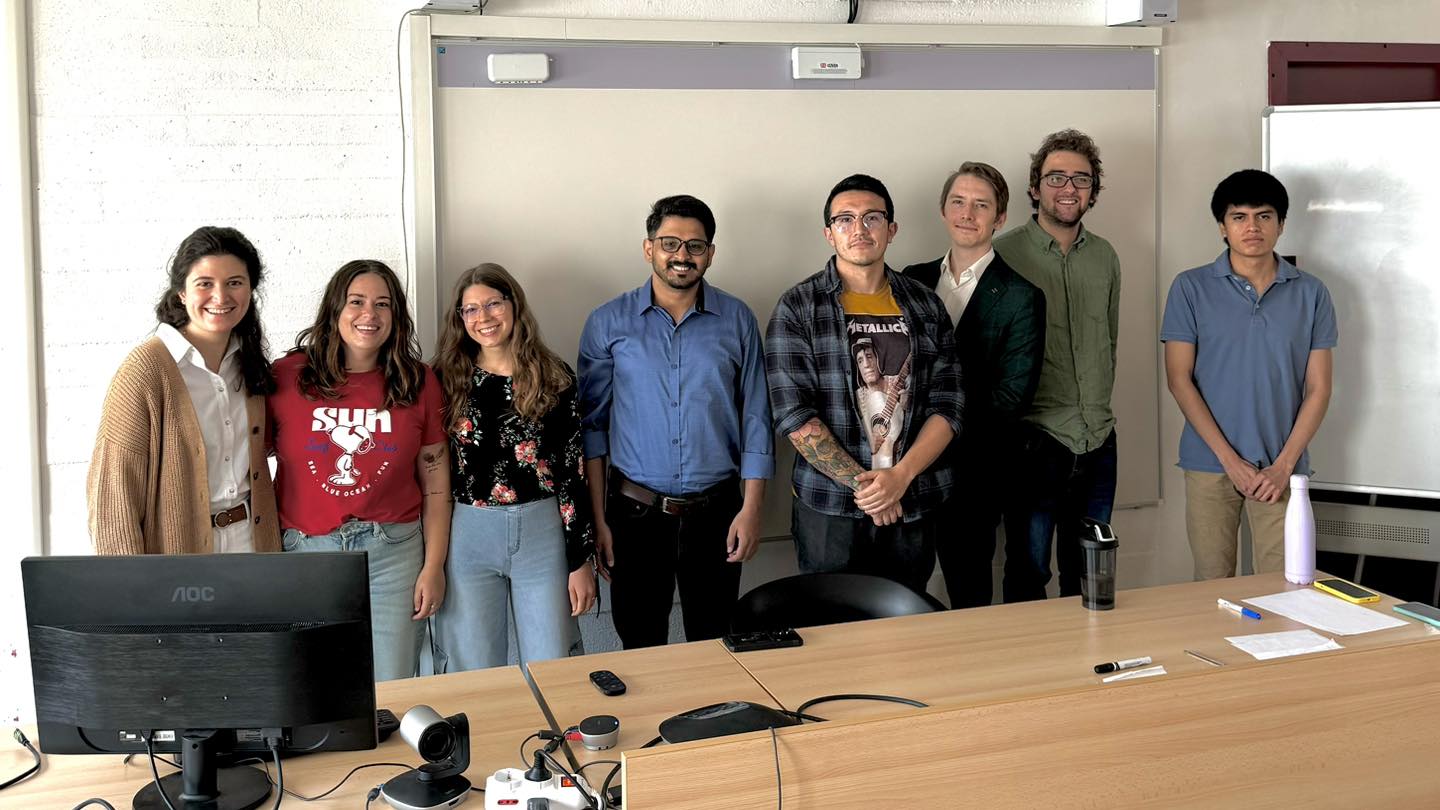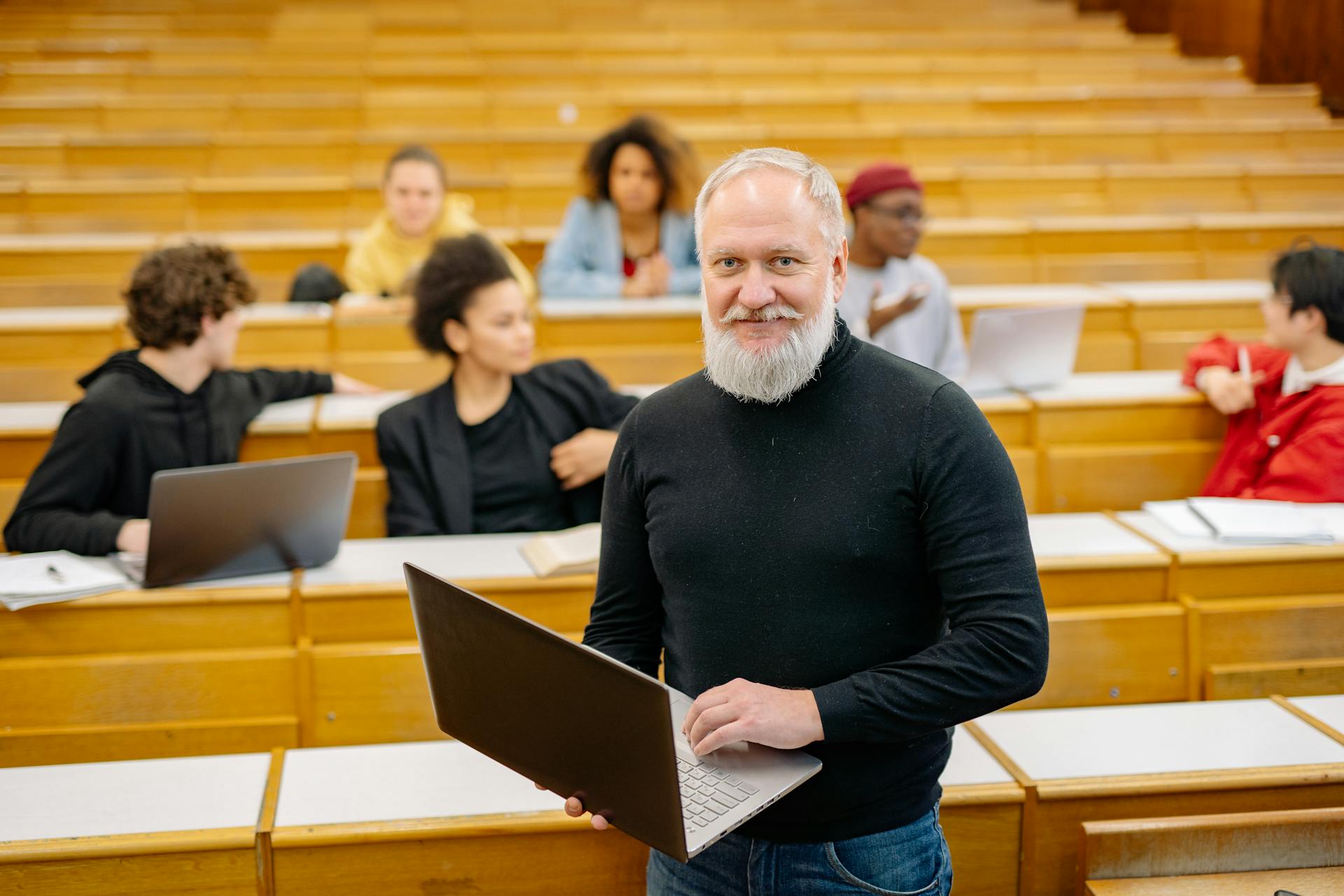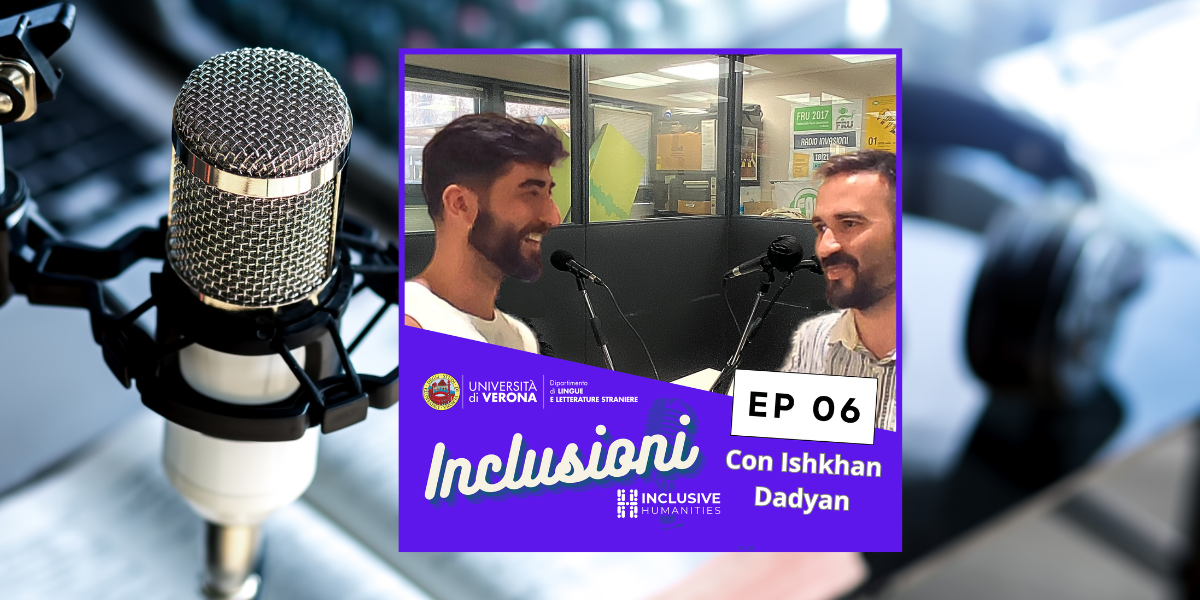The action involves the modification of the structure of the MA Degree in Languages for Tourism and Business Communication. It is divided into two main actions. The first concerns the strengthening of the curricular language offering with the introduction in the second year of the teaching of Varieties of Chinese 2, in line with the two-year teaching of all the other languages. The second line of action envisages the creation of a new curriculum with a focus on multilingualism and interculture in the field of marketing, to be added to the two existing curricula (‘International Business Relations’ and ‘Tourism Promotion’) and aimed at the creation of double degree agreements with foreign universities. Given its internationalized character, the new curriculum proposes a package of courses delivered in English for a total of 30 CFU. The new curriculum is scheduled to come into force in the academic year 2024-2025.
The action will then continue with the aim of realising double degree agreements with foreign universities.
Group leader: Barbara Bisetto
Internal members:
- Chiara Battisti
- Matteo De Beni
- Roberta Facchinetti
External members:
- Fabio Cassia
- Vania Vigolo

